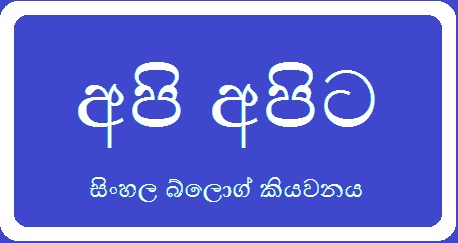Look around you. You may find things such as papers and feathers, which are light and therefore easy to lift. Look around you further. You may see things such as cars and trucks, which are heavy and thus impossible for an average human being to lift. Now ask the question. What happens when a light object and a heavy object are dropped, without throwing, at the same time, from a certain height? Would the heavy object reach the ground before the light object? Let’s find out. Grab a feather and a book, hold them at a certain height, and drop them at the same time. What happened? You see the feather floating in air while the book is falling down.
We do not know sufficient details about Aristotle’s life to comment on whether he dropped books and feathers. However, given that Aristotle was an empiricist philosopher who relied on keen observations, we can infer that his conclusion “heavy objects fall faster than light objects” is not a wild guess. He might have not dropped books and feathers. But he might have done the same experiment with fruits and leaves.
Was Aristotle correct? It seems, yes. But, only if we dropped books and feathers or fruits and leaves. We will not get the same observations if we dropped a heavy book and a light book. So, after all, it seems, Aristotle was incorrect. Nonetheless, for the time being, lets not jump into conclusions.
Legend says that Galileo Galilei dropped heavy and light objects from top of the Pisa tower. Legend does not go into details and describe what kind of objects Galileo dropped. Moreover, we are not even in a position to say whether this legend is true. However, for the sake of argument, lets assume that Galileo dropped a heavy ball and a light ball from top of the Pisa tower.
Why didn’t Galileo drop a fruit and a leaf? It seems, Galileo carefully chose the objects so that he would get the expected results. So, it seems, Galileo had a conclusion even before he did the experiment. Was Galileo cheating? One can argue so. Based on such argument, one can even conclude that scientists are not neutral when they conduct experiments. Indeed, that is what Nalin De Silva has done in this article.
We now know that air resistance should be considered when conducting experiments like the ones Aristotle and Galileo did. Galileo was definitely aware about the presence of air resistance. According to Nalin De Silva, Galileo’s intention was to describe how things would fall in a vacuum, not in the earth’s atmosphere. May be. That seems like an educated guess. But, it is still a guess. Biographies of Galileo do not go into details about his intentions. So, we can only make educated guesses about Galileo’s intentions.
Scientists after Galileo might have really dropped objects in a vacuum and observed if heavy objects fall faster than light objects. However, Galileo himself did not create a vacuum around the Pisa tower. Such technology did not exist in Galileo’s time. What Galileo did is an approximation. For an object like a feather, air resistance is significant. However, if a tennis ball and a shot put is dropped, the effects of air resistance are negligible; and therefore, we can approximate the behavior of falling objects in a vacuum.
Galileo was able to get an approximation of the behaviour of falling objects in a vacuum. Goal of contemporary science is to make reliable approximations of reality. Contemporary science does not aim to describe the reality as it is. Science does not even address the question of whether there is an objective reality. By definition, such questions fall into the field of metaphysics.
Science, especially physics and chemistry, deals with approximations. Some of these approximations are coarse, others are fine. Whether we need a coarse approximation or a fine approximation depends upon our goals. Therefore, in the final analysis, we may conclude that what Galileo really wanted to do is to get an approximation of reality.



What do you say here is nothing more than of Ayn Rand’s philosophical claim of that reality exists independent of consciousness .
The major criticism against philosophical line of Rand is that of human ethics is unsound as it does not provide real motivation on human who could rationally prefer having no moral values.
The same criticism was preached by Load Buddha ( Tiityatana Sutta) , to point out the void of ‘objectivism’ which of preached by Ajitha Kesakamabala who is a contemporary philosopher of Loard Buudaa and one time of his teacher before becoming Budda.
LikeLike
Pingback: CIENCIA Y TECNOLOGIA | klaukrolinamv